(1300 products available)








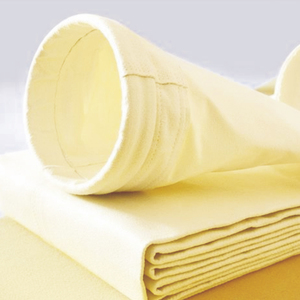
![[Made in Korea] <strong>Filter</strong> <strong>Bag</strong>(nomex, Glass Fiber, PTFE, PPS, <strong>P84</strong>, PE) for Dust Collection](http://s.alicdn.com/@sc04/kf/A1821b640c2d843f69a48466b25f4bda1w.jpg_300x300.jpg)
![[Made in Korea] <strong>Filter</strong> <strong>Bag</strong>(nomex, Glass Fiber, PTFE, PPS, <strong>P84</strong>, PE) for Dust Collection](http://s.alicdn.com/@sc04/kf/A41b68f56890e4e64a154db382edfff3b3.jpg_300x300.jpg)
![[Made in Korea] <strong>Filter</strong> <strong>Bag</strong>(nomex, Glass Fiber, PTFE, PPS, <strong>P84</strong>, PE) for Dust Collection](http://s.alicdn.com/@sc04/kf/A6ffdb1371caa45789fc995cd913abd727.jpg_300x300.jpg)




















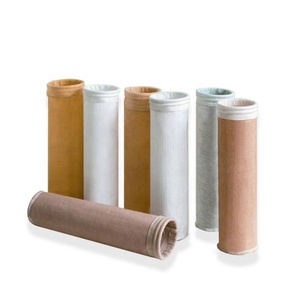



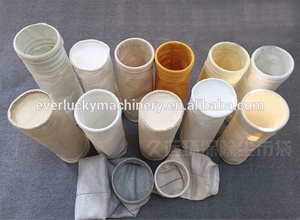
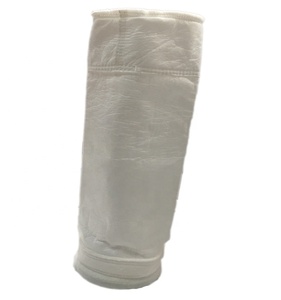
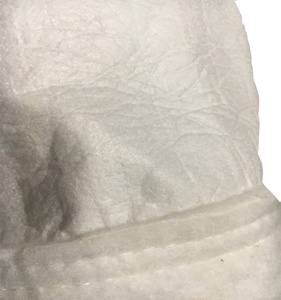

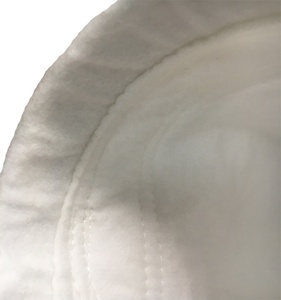











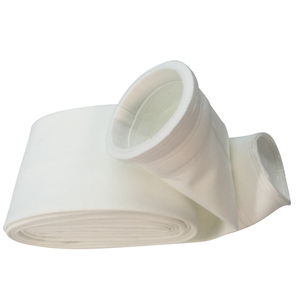

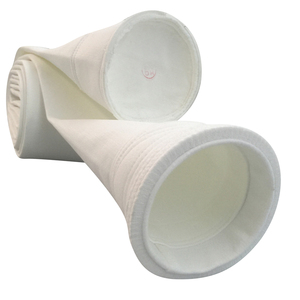

















































































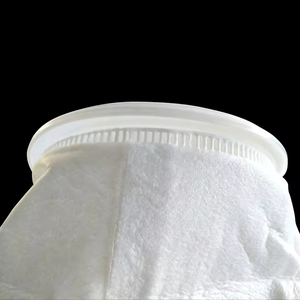
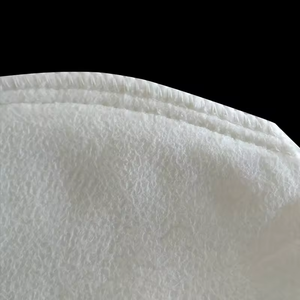

























































P84 is a polyimide co-polymer with special properties like high-temperature tolerance, chemical resistance, and mechanical robustness. The P84 filter bag is produced using P84 micro-particle filter materials, known for their durability and stability even in extreme environments. P84 filter bags perform well in high-temperature and humid environments and have excellent bag-holding ability. P84 filter bags are commonly used in power generation, chemical, metallurgy, cement, waste incineration, and other industries for flue gas treatment.
Titanium filter bag
The titanium filter bag is made of titanium material and is designed to allow the filter to last for an extended period. Such bags are resistant to corrosion due to their material composition and are suitable for handling corrosive substances. For example, titanium is chosen for filter bags that work with chemical industries.
P84 needle felt filter bag
P84 filter bags can be divided into P84 needle felt filter bags and other process filter bags. The P84 needle felt filter bag means that the felt filter bag is made of P84 fiber woven into a felt state.
Multi-sleeve P84 filter bag
P84 filter bags also include multi-sleeve P84 filter bags and single-sleeve P84 filter bags. Multi-sleeve filter bags contain several filter bag sleeves, which can concurrently filter large quantities of liquid or air. They also improve filtering efficiency and speed. On the other hand, single-sleeve P84 filter bags are more common. Single-sleeve filters adopt a bag-shaped filtering method, which is suitable for the situation where the filtering amount is not large.
Flat P84 filter bag
Besides the above, flat P84 filter bags and round P84 filter bags can be distinguished. The flat filter bags are designed and sewn flat, making them suitable for filters with a flat configuration.
In comparison, the circular P84 filter bag is cylindrical in shape. They are suitable for round frames and circular apertures.
Some applicable specifications to note for P84 filter bags are as follows:
The maintenance of P84 filter bags is of utmost importance in prolonging their lifetime and preventing equipment from failing due to a dirty or blocked filter. It has been established that routine cleaning is more productive and less costly than frequent bag replacement.
Several dust filters are now manufactured with self-cleaning mechanisms. These set-ups automatically reverse the pulse of compressed air to filter the bags while the equipment is in operation, providing consistent filtering without the need for manual filter bag filtering.
Suppose the dust filter does not have a self-cleaning feature. In that case, the P84 filters can be maintained by placing them in the freshly exposed areas of the filter plate, as most of the filter bag's surface will probably be worn out by exposure to dust.
Applying anti-reverse flapping devices to the filter bags will also help to limit wear and tear, as only some parts of the filter bag will be subjected to reverse air currents. Protecting parts of the filter bags from further wear and tear will soon need to be replaced.
Some other pro-tips for P84 filter bag maintenance include utilizing the filter plate's residual filtering area by aligning the seams with the holes in the filter plates, thus maximizing the use of the filter cloth.
Similarly, using the anti-flap baffle to segregate the air intake evenly across the filter bag's surface will ensure that the entire filter bag is used rather than selected parts becoming wholly worn out from use.
The P84 filter fabric is widely used in dust collection bags. Some typical application filter bag usages are as follows:
Cement:
As a multi-domestic product maker, the cement sector has vast dust emission control necessities. By giving both good filtering effectiveness and durability in a spare part working ambiance, P84 filter bags position themselves as a key tech to aid this industry reach its environmental goals.
Chemicals and fertilizers:
In the chemical and fertilizer industries, the main task is to produce high-quality end products. P84 filter bags support this by ensuring that raw materials are free from any dust contamination. This not only protects the integrity of the final products but also enhances the overall production process.
Food and beverage:
In the food and beverage sector, maintaining the highest standards of product purity is non-negotiable. P84 filter bags play a crucial role in this by preventing any plant dust from contaminating the valuable end products. By doing so, they help safeguard both consumer safety and brand reputation.
Metals and mining:
In the mining and metal industries, filter dust collection systems have a critical role to play. Their primary function is to protect both equipment and personnel from the harmful effects of dust exposure. P84 filter bags are integral to these dust collection systems, contributing significantly to the safeguarding of machines and the health of workers in these demanding environments.
Power:
In the power generation sector, controlling ash dust emissions is of paramount importance, both for environmental compliance and for the health and safety of personnel. The emergence of multi-pocket filter bags has greatly enhanced the efficiency of ash dust collection. These filter bags not only improve dust capture rates but also contribute to cleaner working and living environments.
Plastics and polymers:
The polymer production process is highly sensitive, with even the most minuscule particles capable of causing significant contamination. P84 filter bags are indispensable in this industry, providing the essential filtration needed to protect the integrity of polymer production. By preventing particle infiltration, these filter bags help ensure the purity and quality of the final polymer products.
Rubber:
In the rubber industry, the presence of even the smallest dust particles can negatively impact product quality and performance. This calls for a rigorous dust collection system to be implemented to safeguard production. P84 filter bags are a vital component of these dust collection systems, effectively capturing and removing the nuisance dust. By doing so, they help protect the integrity of rubber production and contribute to superior end product quality.
There are a few things that people need to consider when trying to find the right P84 filter bags for their particular application:
Q1: What is the difference between P84 and P86 filter bags?
A1: The P84 and P86 bags differ in their fibers. P84 filter bags are made of three-fiber circular knit, while the P86 filter bags are made of four-fiber circular knit. Because of this, the two bags have differences when it comes to filtration accuracy and temperature resistance. For instance, the P84 filter bag can tolerate temperatures from 260 to 280 degrees Celsius.
Q2: How long do p84 dust bags last?
A2: A P84 dust filter bag can last up to two years of normal use. However, some factors can affect the lifespan of the bag, including; Bag construction: Bags made with high-quality materials and excellent craftsmanship will last longer. Operating conditions: Harsh operating conditions, such as high temperatures, extreme pH levels, and abrasive particles, can wear out the bag faster.
Q3: Can p84 filter bags be cleaned?
A3: Yes, the P84 filter bags can be cleaned. In fact, frequent cleaning increases their lifespan. But it's crucial to follow the manufacturer's instructions when cleaning the bags. Using the wrong cleaning method can damage the filter bag.
Q4: Can P84 filter bags beCustomized?
A4: Yes, if buying in bulk, you can request for a Customization. Some manufacturers will allow you to specify your preferred dimensions, materials, and designs.